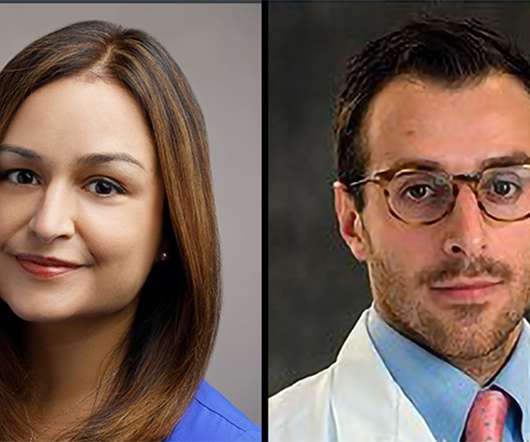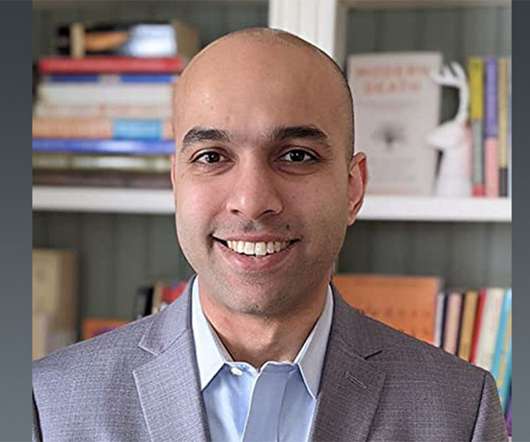Deprescribing Super Special III: Constance Fung, Emily McDonald, Amy Linsky, and Michelle Odden
GeriPal
JANUARY 23, 2025
In our third segment, we explore Amy Linskys study that examined the effect of patient-directed educational materials on clinician deprescribing of potentially low-benefit or high-risk medications, such as proton pump inhibitors, high-dose gabapentin, or risky diabetes medications. Eric 26:43 And this is in primary care, right?












Let's personalize your content